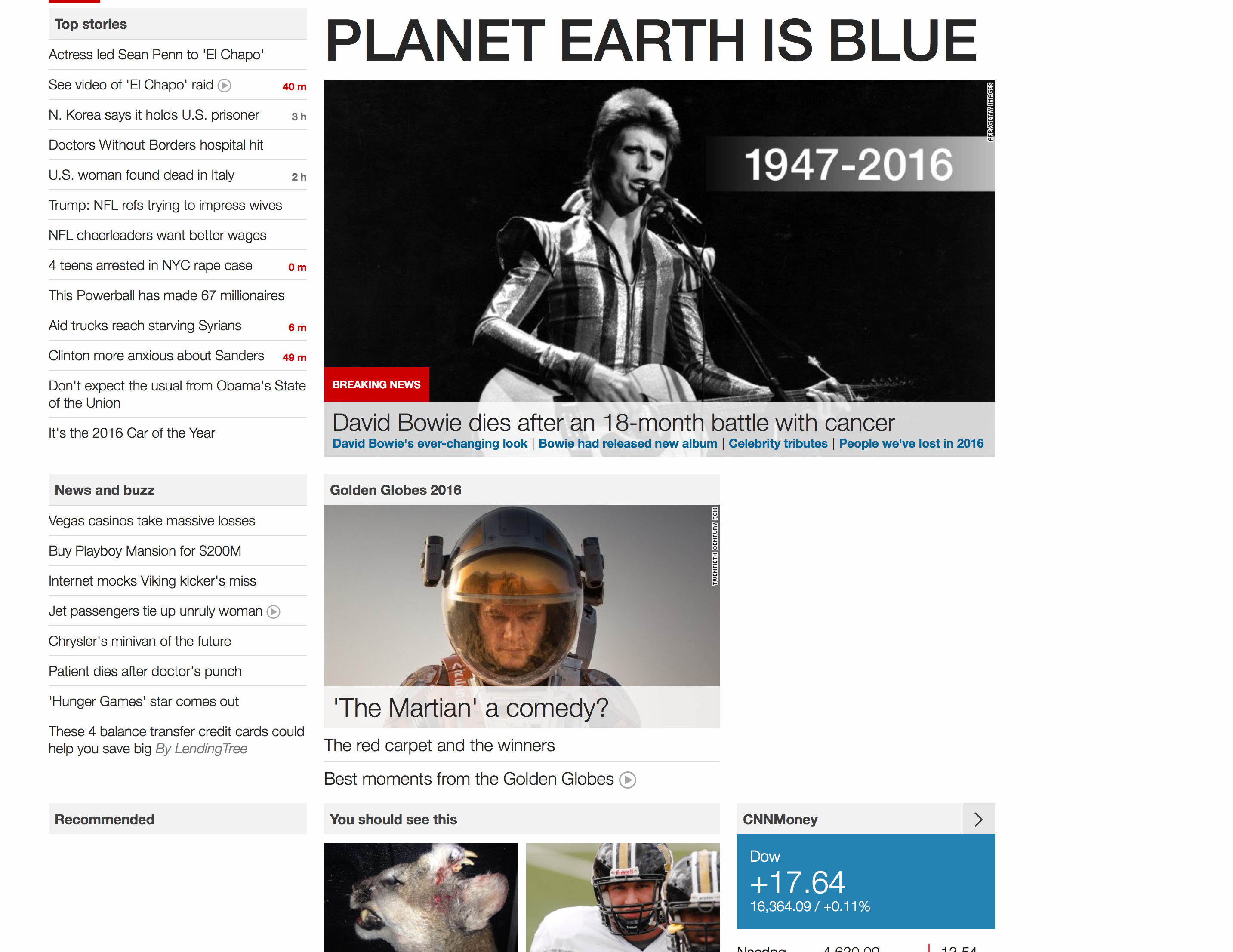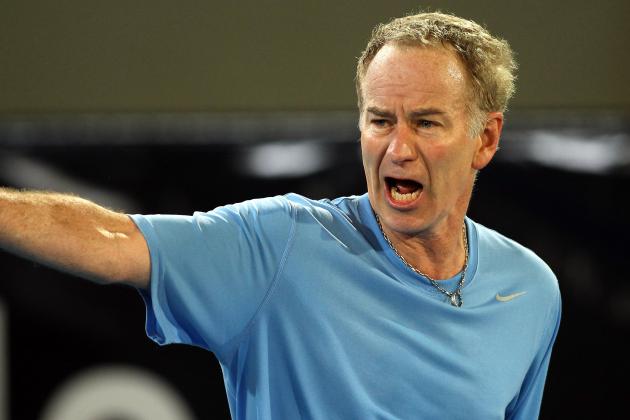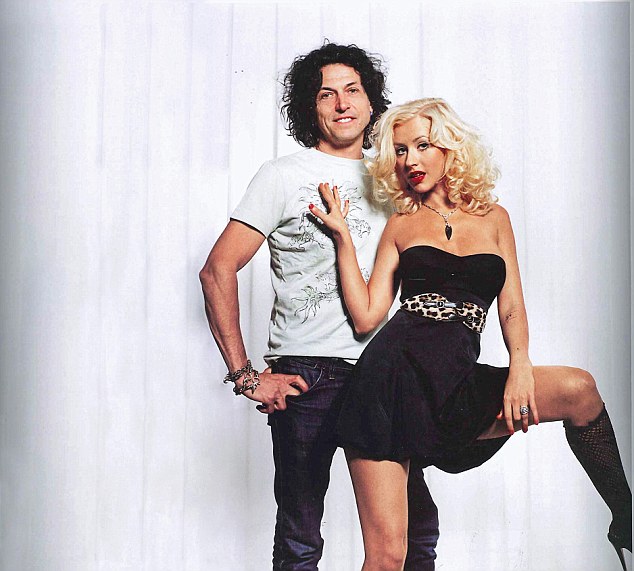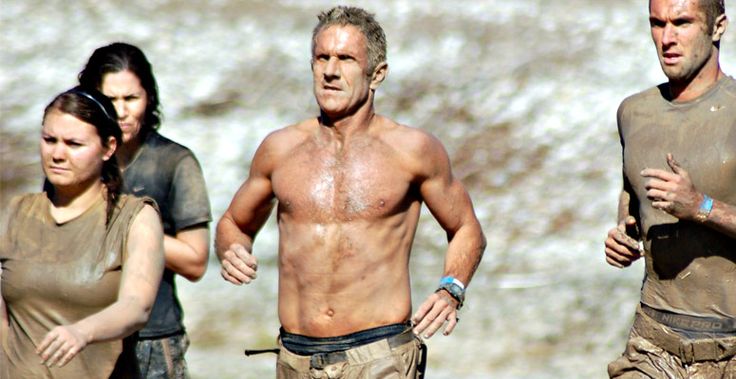http://www.dailymail.co.uk/tvshowbiz/article-3393470/David-Bowie-dies-18-month-battle-cancer.html
So, so sad, but never forgotten. Ever.
He’s immortal after all.
Bowie send-offs from around the world…
I’m Devastated! This great Artist changed my life! First concert i ever saw in Detroit! R.IP. ️ #rebelheart pic.twitter.com/hGfxI967Bw
— Madonna (@Madonna) January 11, 2016
David Bowie was one of my most important inspirations, so fearless, so creative, he gave us magic for a lifetime.
— KANYE WEST (@kanyewest) January 11, 2016
Bowie existed so all of us misfits learned that an oddity was a precious thing. he changed the world forever.
— Guillermo del Toro (@RealGDT) January 11, 2016
PM: I grew up listening to and watching the pop genius David Bowie. He was a master of re-invention, who kept getting it right. A huge loss.
— UK Prime Minister (@Number10gov) January 11, 2016
DEVASTATED… A LEGEND IS GONE
— Cher (@cher) January 11, 2016
MESSAGE FROM IGGY: “David’s friendship was the light of my life. I never met such a brilliant person. He was the best there is. – Iggy Pop”
— Iggy Pop (@IggyPop) January 11, 2016
A rock legend is gone. Thanks for the music and the laughs @David Bowie Real pic.twitter.com/N1dOAUUJAm
— Matt Lauer (@MLauer) January 11, 2016
The Rolling Stones are shocked and deeply saddened to hear of the death of our dear friend David Bowie… 1/2
— The Rolling Stones (@RollingStones) January 11, 2016
As well as being a wonderful and kind man, he was an extraordinary artist, and a true original. 2/2 #DavidBowie
— The Rolling Stones (@RollingStones) January 11, 2016
Hunky Dory, Ziggy Stardust, Low, Heroes. David Bowie’s last album is written, but the melodies will linger on forever. A true legend.
— Jens Stoltenberg (@jensstoltenberg) January 11, 2016
Just heard. There aren’t many legends left to lose. Unthinkable and tremendously sad. #Bowie #Heroes
— Rob Lowe (@RobLowe) January 11, 2016
I just lost a hero. RIP David Bowie.
— Ricky Gervais (@rickygervais) January 11, 2016
David Bowie was a true innovator, a true creative. May he rest in peace #RIPDavidBowie
— Pharrell Williams (@Pharrell) January 11, 2016
David Bowie, you will be sorely missed. Bowie’s “Changes” and the Ziggy story songs were a major influence for me. pic.twitter.com/N1nkD9h82W
— Gene Simmons (@genesimmons) January 11, 2016
Rip Father of all us freaks. Sad sad day. Love always Legendary singer David Bowie dies at 69 https://t.co/ezRx7NVhSC # via HuffPostEnt
— Mark Ruffalo (@MarkRuffalo) January 11, 2016
Good-bye, David Bowie. You are now among #Heroes. Thank you for helping to bring down the #wall. https://t.co/soaOUWiyVl #RIPDavidBowie
— GermanForeignOffice (@GermanyDiplo) January 11, 2016
He never seemed of this earth. Now he’s left it. He bent rules, gender, genres, and our minds. RIP David Bowie. One. Of. A. Kind.
— josh groban (@joshgroban) January 11, 2016
“But the key to the city is in the sun that pins the branches to the sky…” #DavidBowie
— Joseph Gordon-Levitt (@hitRECordJoe) January 11, 2016
David Bowie is a searing genius who will inspire millions for thousands of years. Planets will be named after him.
— Val Kilmer (@valkilmer) January 11, 2016
Words cannot express: RIP David Bowie https://t.co/g40zLWl3qq pic.twitter.com/R94E6LMw9C
— Brian Eno (@dark_shark) January 11, 2016
RIP David . I loved your music. I loved you. One of the greatest performance artists to have ever lived. #sorrow
— Russell Crowe (@russellcrowe) January 11, 2016
David Bowie broke the mold on both sides of the Atlantic. A one of a kind creative force. #MyFavBowieTrack https://t.co/FPE00Gb6gi
— Matthew Barzun (@MatthewBarzun) January 11, 2016
Ground Control to Major Tom Commencing countdown, engines on Check ignition and may God’s love be with you (David Bowie)
— Gianfranco Ravasi (@CardRavasi) January 11, 2016









